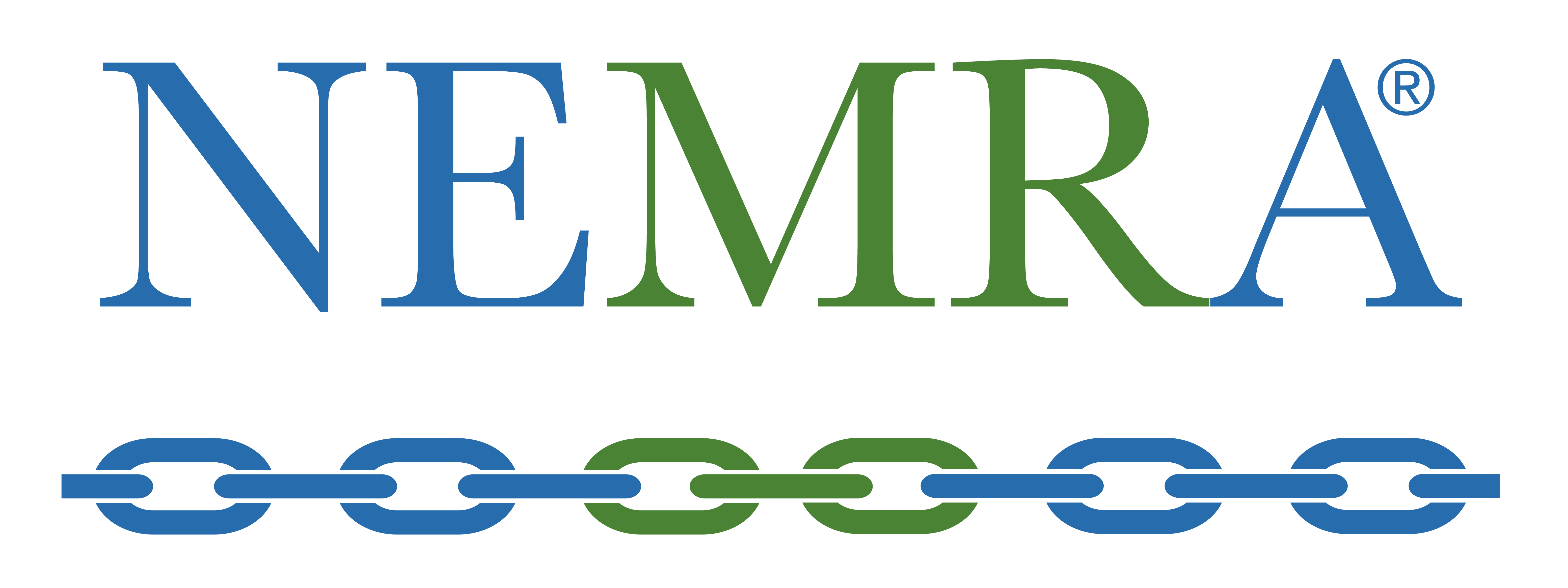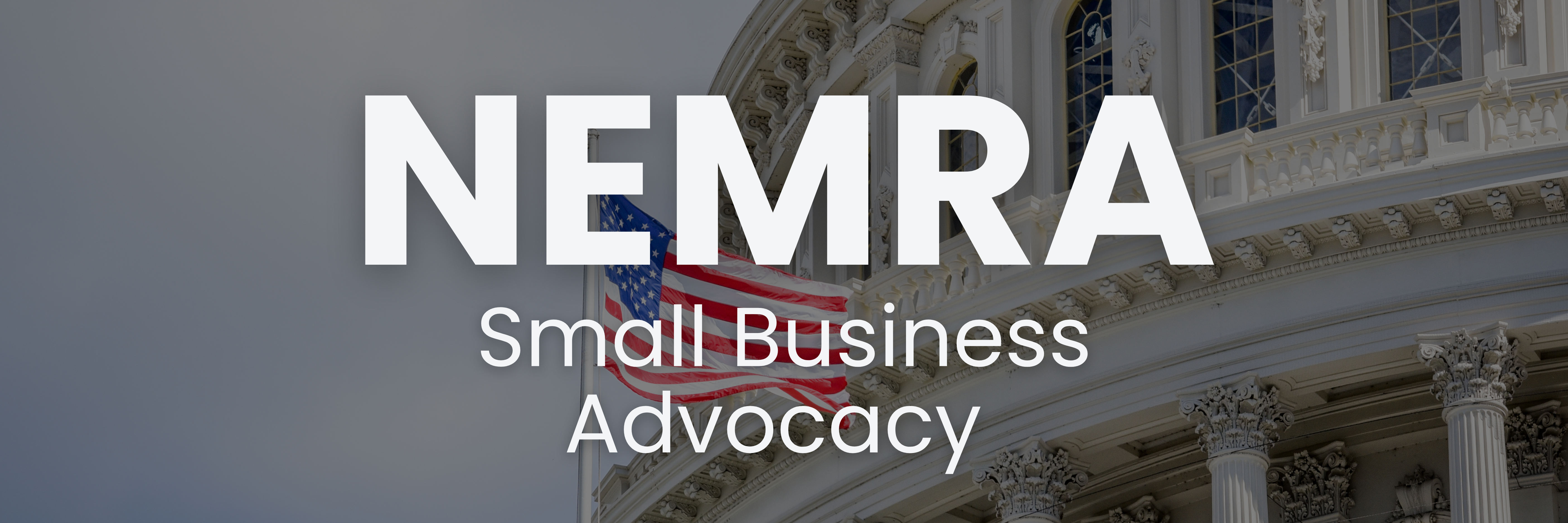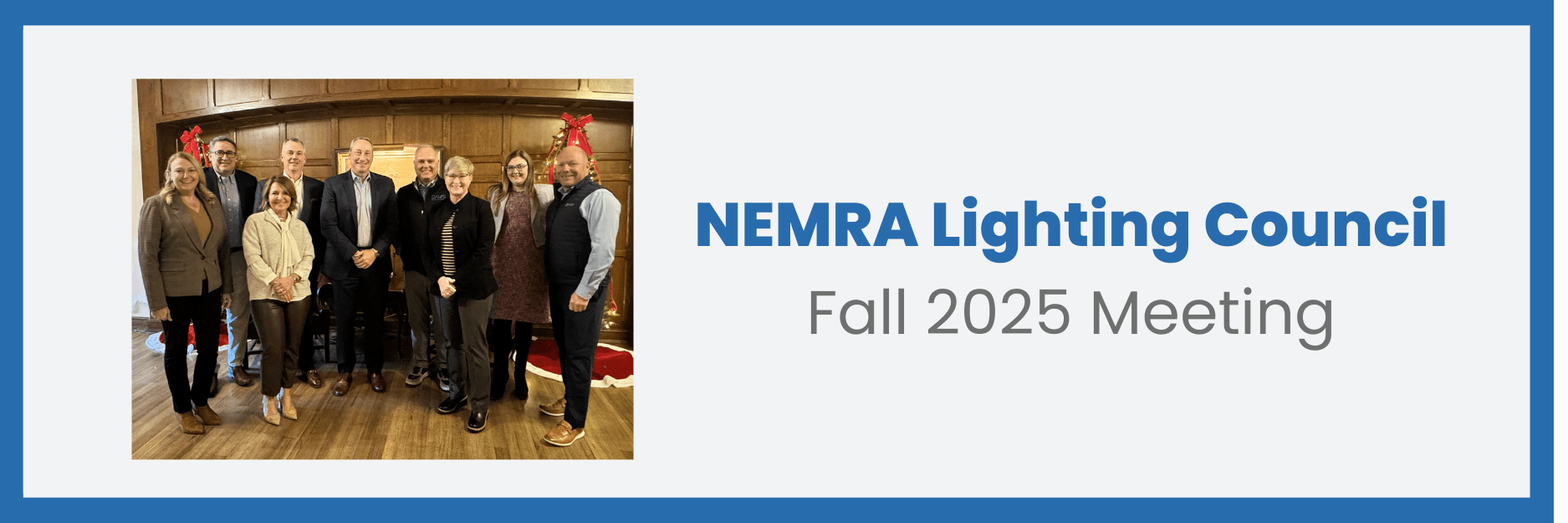ON DECK:
Firing up the Special Edition machine to clear the decks on yesterday’s announcements.
- Trump sends tariff letters to 14 countries, punts July 9 deadline to August 1
- Various other trade negotiations in various states of doneness
- U.S. lifts some export controls on China as Bessent says he’ll meet counterpart in coming weeks
- Argument dates set for IEEPA China/Hong Kong de minimis challenge (7/10), IEEPA universal/reciprocal appeal (9/30)
DISCLAIMER: The below is intended to inform, not to be construed as an official statement from the office of Rep. Yakym
Tidbits
Read Letter Day
Way back on May 16, President Donald Trump floated the idea of sending trading partners letters “telling people what they’ll be paying to do business in the United States.” At the time, he said the letters would go out in two to three weeks. The timeframe slipped, but once-ish a week, he’d reiterate the threat.
On Thursday, President Trump said he’d begin sending the letters the next day. He told reporters, “By the [July 9] they’ll be fully recovered,” and added, “They’ll range in value from maybe 60 or 70% tariffs to 10 and 20% tariffs.” He also floated a new August 1 deadline, an apparent push from the July 9 deadline. The August 1 date was repeated by Treasury Secretary Scott Bessent and Commerce Secretary Howard Lutnick on Sunday. And when you see this type of synchronization, the ol’ spidey sense gets a little tingle. Then again, on Monday, President Trump called August 1 “firm but not 100% firm” depending on the state of negotiations. But he also just truthed: “No extensions will be granted.”
And so it was Sunday night, President Trump truthed that the letters would be delivered at noon Monday. At 12:18pm on Monday, the truths started flowing. We have 14 so far, which are in the below table with a link, rate, and the threatened Liberation Day rate, which differs in some cases. I’m going in chronological rather than alphabetical order because it seems like there was a method to the madness there.
Country | Letter | Truth Timestamp | 8/1/25 Rate | Annex I Rate | 8/1/25 vs. Annex I |
Japan | 12:18pm | 25% | 24% | +1% | |
South Korea | 12:19pm | 25% | 25% | 0% | |
Malaysia | 2:14pm | 25% | 24% | +1% | |
Kazakhstan | 2:15pm | 25% | 27% | -2% | |
South Africa | 2:15pm | 30% | 30% | 0% | |
Laos | 2:16pm | 40% | 48% | -8% | |
Myanmar | 2:16pm | 40% | 44% | -4% | |
Tunisia | 4:30pm | 25% | 28% | -3% | |
Indonesia | 4:35pm | 32% | 32% | 0% | |
Bangladesh | 4:36pm | 35% | 37% | -2% | |
Serbia | 4:36pm | 35% | 37% | -2% | |
Cambodia | 4:37pm | 36% | 49% | -13% | |
Thailand | 4:38pm | 36% | 36% | 0% | |
Bosnia and Herzegovina | 6:37pm | 30% | 35% | -5% |
An Executive Order codified the new August 1 deadline, but didn’t elaborate much more than that. So let’s walk through some observations and questions on the letters.
- Without going through and redlining, it *appears* on a glance that they’re identical, minus the rate and country. They note that products from [insert country here] will face a [insert rate]% tariff, which is separate from the “Sectoral” (Section 232) tariffs. But there will also be a higher rate on transshipped goods. That’s a newer feature as of last week’s Vietnam deal and seems to still be relatively undefined.
- 8 of the 14 countries got rate cuts compared to Liberation Day ranging from 2-13%; 2 got 1% increases; 4 got the same rate as Liberation Day.
- 10 of the 14 countries are in Asia (6 Southeast, 2 East, 1 Central, 1 South); 2 are in Africa; 2 are in Europe.
- Will we get more letters? Secretary Bessent said over the weekend that 100 countries would get letters snapping back to Liberation Day tariff rates. And don’t forget President Trump’s comment that the letters would be “fully covered” by tomorrow.
- Back in May, we got 17 of the 18 priority countries for negotiations (Australia, Argentina, Cambodia, Ecuador, Fiji, Indonesia, Israel, Japan, Lesotho, Madagascar, Malaysia, Mauritius, South Korea, Switzerland, Taiwan, the UK, and Vietnam). 5 got letters; 2 have deals.
- Does this bode well for priority negotiating partners that didn’t get a letter? For example, the EU wasn’t on the priority list, and *says* it doesn’t expect to get a letter as it pushes for a deal this week. India didn’t get one either. Secretary Bessent said yesterday that there’d be more trade announcements in the next 48 hours.
- Yes, Japan and South Korea were the first letters out the gate, but this gives them some political space too. Japan has an upper house election on July 20, which could give the fragile majority some breathing room. And South Korea’s been asking for more runway on account of the new government taking office just over a month ago. The New York Times reported South Korean officials were “relieved” at the news.
Before closing this section out, I’ll flag that Senate Finance Committee Ranking Member Ron Wyden (D-OR) released a statement panning the punt. No other Senate Finance or House Ways and Means Committee leader did a statement for/against as of writing.
Talking Heads
With some amount of letters out, let’s also do a fly-around of the various negotiations:
- Bangladesh: Commerce Secretary Mahbubur Rahman said in an interview that the U.S. that his country has had seven in-person and virtual rounds of talks. He also said that his country is in the “most advanced” talks of any least-developed country.
- Brazil: Officials from the U.S. and Brazil held a virtual call Friday. President Donald Trump panned the trial of former President Jair Bolsonaro.
- Cambodia: The government announced that the U.S. and Cambodia “reviewed and agreed on the draft Joint Statement on Framework for United States-Cambodia Agreement on Reciprocal Trade, which will be released to the public soon.”
- The EU: The bloc is pushing for a deal by the middle of this week. An EU spokesperson said Monday that the two sides are “at the beginning of the end game, at least for an agreement in principle” after a call between European Commission President Ursula von der Leyen and President Donald Trump. France’s Trade Minister said they could live with some level of tariffs if strategic sectors are shielded. There was also a weird episode where Commerce Secretary Howard Lutnick may or may not have ditched EU Trade Commissioner Maros Sefcovic for a July 4 vacation in Italy.
- Japan: Chief negotiator Ryosei Akazawa held two phone calls with Secretary Lutnick on Thursday and Saturday. Akazawa toldreporters that he would not sacrifice agriculture for the sake of a speedy agreement. He also said, “There’s no point striking a deal with the US without an agreement on automobile tariffs.”
- India: An anonymous source told local media, “The two sides have done the talking, now it is a political call, which is what we are waiting for. And the announcement hinges on the schedules of both the heads of states.” India has also toughened its stance on agriculture, specifically dairy and genetically-modified crops.
- Indonesia: Coordinating Minister for Economic Affairs Airlangga Hartarto is traveling to DC today to discuss its newest “bold” offer.
- Malaysia: The Trade Ministry said in a statement that it remains “committed to continuing engagement with the US towards a balanced, mutually beneficial, and comprehensive trade agreement” in the wake of the letter announcement.
- South Korea: Trade Minister Yeo Han-koo met with Secretary Lutnick and USTR Jamieson Greer and asked for “favorable treatment” for Korean companies on autos, steel, and other products.
- Thailand: Finance Minister Pichai Chunhavajira met with USTR Greer and Deputy Treasury Secretary Michael Faulkender. He told reporters afterwards, “The talks were constructive. Although a conclusive outcome was not reached, the US appreciated Thailand’s proactive approach…We have to work hard to refine Thailand’s proposal to ensure the success of the negotiation and benefits of the two sides.” Thailand submitted a revised offer that includes tariff and non-tariff concessions, as well as purchase commitments, that would bring a trade balance in less than 10 years.
- The UK: The U.S. and UK appear poised to miss a deadline on steel and aluminum.
A Rising Tide Lifts All Export Restrictions
Last week, things seemed to remain tenuous on the U.S.-China front. Treasury Secretary Scott Bessent said rare earths still weren’t flowing well. But I also flagged that the Commerce Department lifted some chip design software restrictions. It also lifted jet engine shipment restrictions. So maybe things are trending in a better direction? Then again, the Commerce Department appears poised to restrict shipments of AI chips to Malaysia and Thailand due to suspected smuggling to China.
Secretary Bessent told CNBC he’ll be meeting his Chinese counterpart “in the next couple of weeks.” He added, “I think there are things for us to do together if the Chinese want to do it…So we will discuss whether we are able to move beyond trade into other areas.”
Meanwhile, the Commerce Department is reaching out to business execs to see if they’d accompany President Donald Trump on a trip to China this year. The anonymous sources flagged October APEC and ASEAN leaders summits in South Korea and Malaysia respectively. An advisor to China’s Foreign Ministry said time is running out to set up a fall meeting, though.
Legal Eagles
- The U.S. Court of Appeals for the DC Circuit set oral arguments on the IEEPA universal/reciprocal tariff challenge for September 30
- The Court of International Trade (CIT) is fast-tracking the challenge to the IEEPA de minimis action, with oral arguments set for Thursday
- Shipping execs and industry groups say USTR’s fee on foreign-build vehicle carriers exceeds its statutory authority, though it’s not clear if they’re going to launch a legal challenge
Quick Hits
- President Donald Trump threatened an “ADDITIONAL 10% Tariff” on “Any Country aligning themselves with the Anti-American policies of BRICS”
- The Houthis attacked a ship in the Red Sea on Sunday for the first time since a May truce; the ship sank
- China will exclude certain EU medical devices from procurement in retaliation for EU restrictions on Chinese medical devices
- Nine Pennsylvania House Republicans led by Rep. Scott Perry (R-PA) sent a letter to USTR Jamieson Greer urging him to exclude chocolate-related products from tariffs
- Mexican tomato producers asked the Commerce Department for a 90-day delay of the termination of the 2019 suspension agreement




